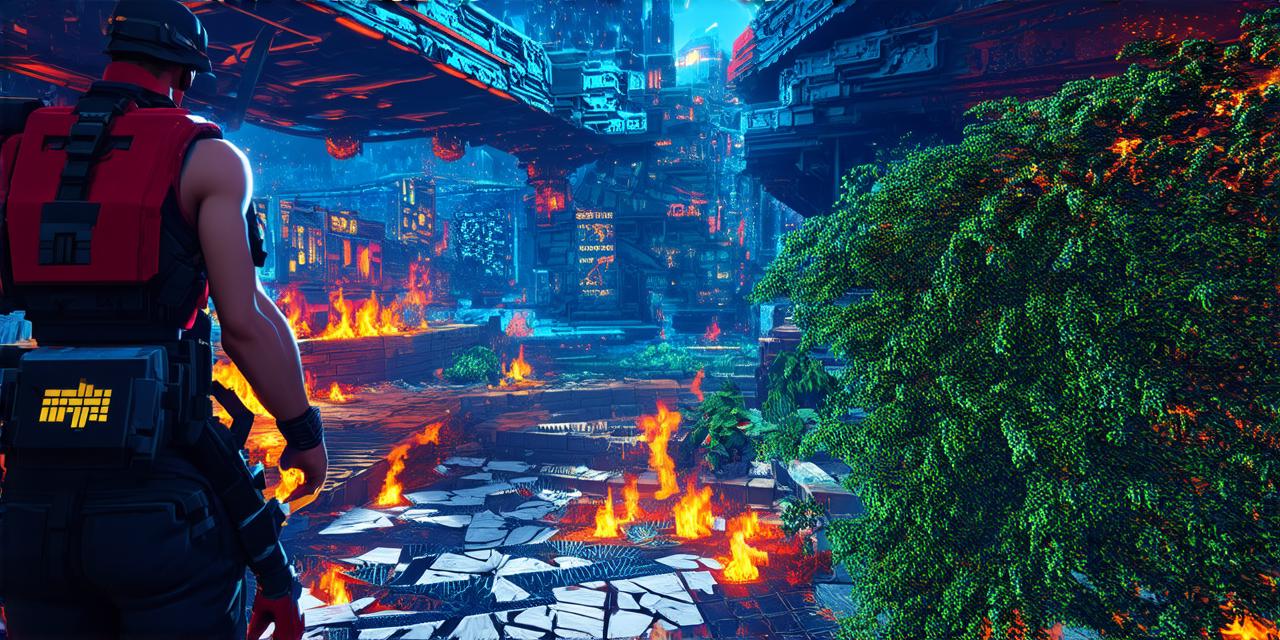Non-Fungible Tokens (NFTs) have been a game changer in the art world, but they are quickly gaining traction in the gaming industry as well. NFTs offer a new way for gamers to own and monetize their in-game assets, creating a unique opportunity for developers to engage and retain players.

What are NFTs?
NFTs are digital assets that are uniquely identifiable on a blockchain. They can be anything from artwork to collectibles to virtual real estate. NFTs offer a new way for gamers to own and monetize their in-game assets, creating a unique opportunity for developers to engage and retain players.
How are NFTs changing the gaming industry?
NFTs are revolutionizing the gaming industry by providing a new way for players to own and monetize their in-game assets. Players can now buy, sell, and trade NFTs on marketplaces, creating a new revenue stream for developers. NFTs also offer a new level of customization for games, allowing players to create unique characters and items that reflect their personal style.
What are the benefits of using NFTs in gaming?
There are several benefits to using NFTs in gaming:
- Revenue generation: NFTs offer a new way for gamers to monetize their in-game assets, creating a new revenue stream for developers.
- Customization: NFTs allow players to create unique characters and items that reflect their personal style, leading to increased engagement and retention.
- Rarity: NFTs offer the possibility of creating rare and valuable in-game assets, leading to increased demand and higher prices.
- Ownership: NFTs provide a new level of ownership for players, allowing them to truly own and monetize their in-game assets.
How can game developers use NFTs?
Game developers can use NFTs in several ways:
- In-game assets: Developers can create unique in-game assets that are owned and monetized by players through the use of NFTs.
- Collectibles: Developers can create collectible items that are owned and traded by players, leading to increased engagement and revenue.
- Virtual real estate: Developers can create virtual real estate that is owned and customized by players, leading to increased engagement and revenue.
- Gamification: Developers can use NFTs to gamify their games, creating new challenges and rewards for players.
What are the challenges of using NFTs in gaming?
While there are many benefits to using NFTs in gaming, there are also several challenges:
- Regulation: The use of NFTs in gaming raises legal and regulatory questions, particularly around issues of ownership and intellectual property.
- Technical complexity: NFTs require a certain level of technical expertise to create and manage, which may be a challenge for some game developers.
- Market volatility: The value of NFTs can be highly volatile, leading to potential risks for both developers and players.
- User adoption: Not all gamers are familiar with NFTs or willing to adopt them, which may limit the potential market for NFT-based games.
